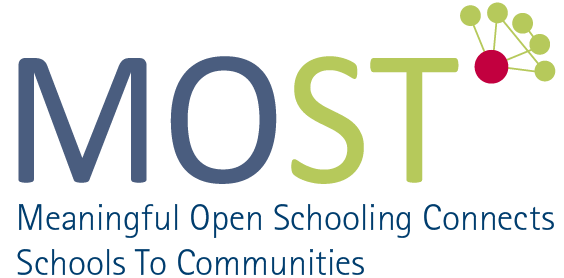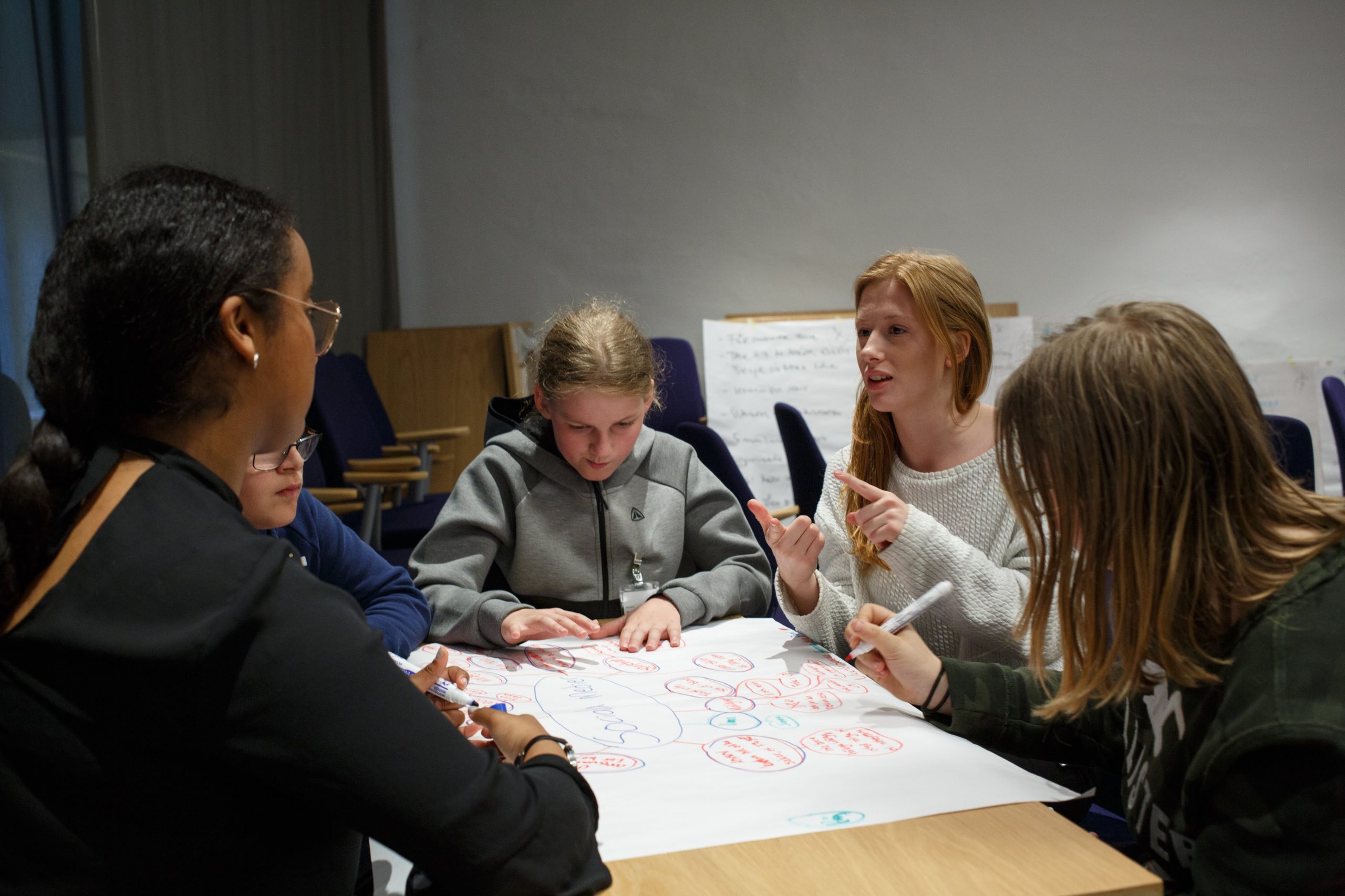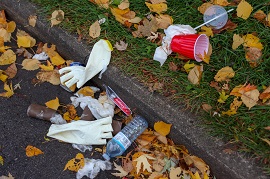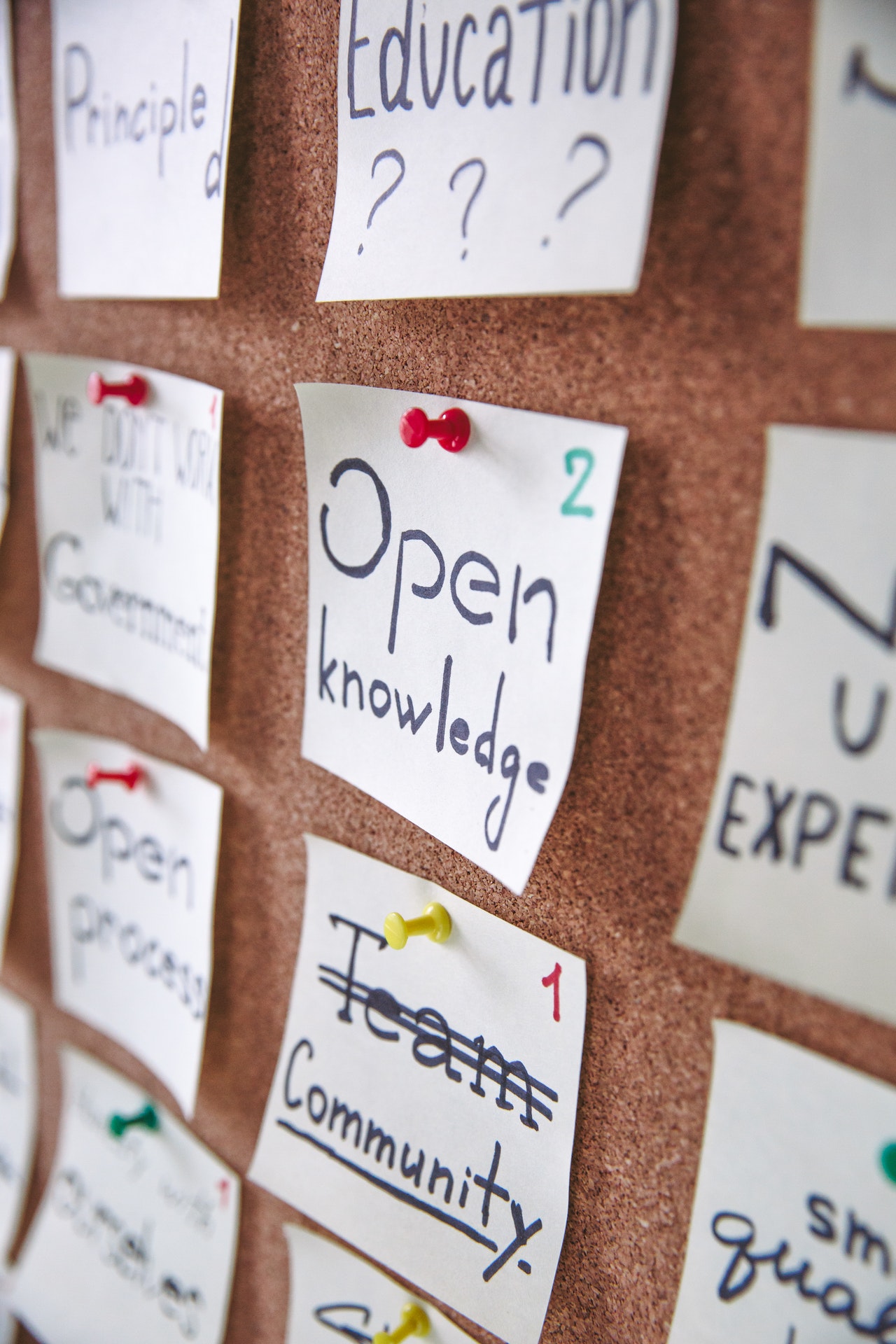Meaningful Open Schooling Connects Schools to Communities
The EU funded project MOST supports European school students and citizens in developing science knowledge, transversal skills and competences to find solutions to local environmental challenges. To this end, schools are conducting projects with the involvement of community members. By applying the principle of “Open Schooling” they work on locally relevant ecological problems in a scientific way with the aim of developing approaches to feasible solutions. Parents, companies with local offices, employees of the local administration or school-independent knowledge mediators play an important role in this process by cooperating with the schools. But what does this look like in action?


Photo: Edvin Johansson/Unsplash
An example: An eighth grade class joins forces with a vendor of the local organically sourced store, an employee in regional waste management, an environmental consultant and a freelance journalist. Together they investigate, as part of their math curriculum, how to reduce waste in private households of their town. After a shared brainstorming exercise, small groups are working on different tasks: One group analyzes the inhabitants’ needs and interviews passers-by on their shopping behaviour. Another group collects the house waste over a set period and compares their measurements with the amount of waste produced by conscious shoppers over the same time period at the same scale. The professionals offer them valuable insights along the way. The results of their inquiry will be extrapolated for the entire town. As a final step, the students create a list of instructions on how to minimize waste in their town, as well as the impacts that this waste reduction will produce. The results are then prepared for an exhibition in the school and the local mall, where the press reports, thereby making the results available to the local public.
By participating in this project with all their knowledge and abilities, all participants not only learn about themselves and others, but also widen their scientific knowledge and transversal skills (teamwork, strategic and innovative thinking, time management etc.). The aim is to awaken an interest in natural sciences and scientific work, which in the long term will lead to more students in Europe choosing to pursue a scientific career – an aim, that’s hugely important to the EU regarding the advancing technical developments and global ecological challenges.
To achieve this goal, 23 partners from 10 European countries form the MOST consortium. The consortium helps schools to initiate “Open Schooling” projects on waste management and energy consumption on a local level. They also help to look for suitable partners in the area and accompany the projects with educational and scientific materials.

Photo: Jasmin Sessler/Unsplash

Photo: Polina Zimmermann/Pexels
The project is active on three levels: First, in all 10 countries local “Open Schooling” projects are initiated. Second, they are interlaced on a national level through MOST fairs, where experiences and examples of successful “Open Schooling” are shared. Third, an “Open Schooling” network will be formed on the European level, which will spread the idea to a broader public and enable schools and participants to access and utilize it in the future. A final MOST conference will connect all Open-Schooling-Projects across Europe to a vibrant science-learning network that opens up for further countries and communities.
The heart piece of the project is the integration of diverse participants: science and research, formal and non-formal educational institutions, the political and business sector and society at large. This integration takes place, both on a local level by cooperating within “Open Schooling” projects, and within the project consortium that includes all named institutions. The cooperation of diverse participants is the prerequisite to develop approaches to solutions that take the needs of all concerned parties into consideration. At the same time, the interdisciplinary nature acts as a driver for innovation. This motivates all participants to commit in the long term.

